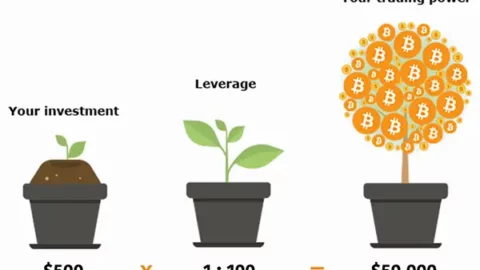Tax refunds are funds paid back to a taxpayer by revenue services for overpayment of taxes or based on certain considerations given to certain taxpayers. These considerations provide some sort of relief for businesses and income earners who meet certain requirements.
Many people use professionals like SR&ED Consultants to obtain refunds. However, understanding refundable taxes and how to claim such refunds is important. Here are a few tips.
1. Identify eligible tax credits
Tax credits and incentives vary from country to country and from district to district. These incentives can be based on income levels, the number of children, or the number of dependents. Some tax credits are targeted at working students as a relief from their academic fees.
To maximize tax refunds, you must identify all the tax reliefs applicable to their situation. You must also identify the tax authorities and tax offices offering the relief.
Tax relief also applies to businesses that have overpaid their taxes for the period. It applies to individuals who work in other countries that have certain tax agreements with their home country.
2. Keep your paperwork organized
Refunds cannot be made without the necessary evidence to support your claim. Hence, paperwork is an important part of the tax refund process. To apply for tax refunds, a taxpayer must apply in writing to the relevant tax office. They must also attach or provide the necessary supporting paperwork showing their eligibility for such refunds.
This should include receipts for the original tax payment due, a computation of taxes due, and a reconciliation of the differences.
Where tax refunds result from overpayment of taxes, there must be appropriate evidence to support such overpayment. Where the basis for refunds is considerations of the number of dependents, adequate paperwork proving such dependents must be kept. The same applies to students seeking tax relief for school fees.
3. Apply for tax credits
Applying for tax credits often involves filling out multiple complex forms. Many people may choose to consult a professional to guide them through this process. The forms usually require information that will help the tax office assess your eligibility for tax refunds. It also enables them to compute the volume of tax refunds payable to you. A formal letter of application signed by the applicant will also be required.
In many developing countries, taxpayers need to follow up with the tax office to ensure that their applications are being processed.
4. Get professional advice
A professional is someone who is conversant with the prevailing tax laws. They will assist you with reconciling the taxes paid with the taxes payable. Due to their relevant professional qualifications, they are trained to assist their clients in claiming the necessary tax credits.
A professional will first assist you in identifying all the relevant tax refunds you are entitled to. Next, they will inform you of the necessary paperwork needed to claim such a refund. The professional will assist in identifying the relevant tax offices and filling out the necessary forms.
Professionals are also conversant with the tax authorities. They can assist you in correspondence with the tax offices, saving you time and resources.
Conclusively, many people are unaware of the tax refunds they are eligible for. These tax refunds can go a long way toward reducing your taxes.









